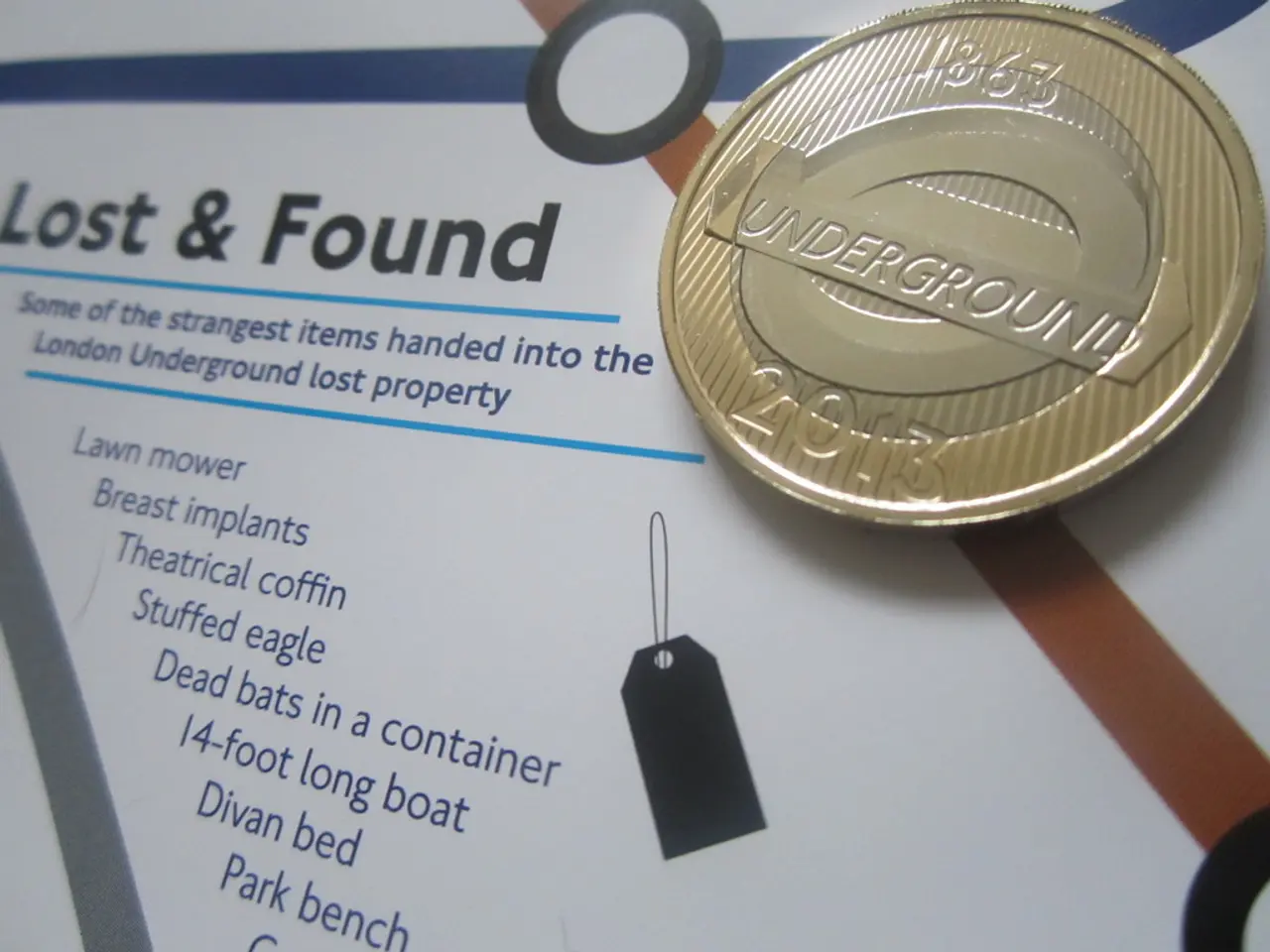Interest rates set by the ECB can potentially be lowered
The European Central Bank (ECB) is currently in a state of deliberation, with opinions within the ECB Council divided on the impact of US tariffs on eurozone inflation.
According to recent reports, a 25 basis point interest rate cut by December remains a possibility, as the ECB ponders over its next move. However, ECB President Christine Lagarde does not expect major adjustments to the projections due to tariffs.
Finnish central bank governor Olli Rehn shares Lagarde's sentiment, believing the inflationary effects of tariffs to be negligible. Conversely, EZB board member Isabel Schnabel argues that US tariffs could lead to higher input prices and inflationary pressure in the eurozone.
The impact of the trade conflict with the US on economic data is still a factor in the ECB's decision-making process. A flash estimate by Eurostat unexpectedly revealed that inflation rose from 2.0% to 2.1% in August, while the core rate of inflation remained unchanged at 2.3%.
The average tariff rate for EU exports to the US is slightly above the assumptions underlying the June projections. This development has sparked discussions within the ECB Council about whether to ease monetary policy again by the end of the year.
Some members of the ECB Governing Council believe that US tariffs could increase inflation in the Eurozone by raising import prices, while others argue the effect is limited due to the Eurozone's diversified trade partners and the ECB's inflation control measures.
The ECB is expected to extend its interest rate pause on September 11, but will only adjust its key interest rates if there are significant and sustained deviations from the inflation target or if consumer and business inflation expectations become destabilized.
The further development of services inflation, which has recently declined as predicted by the ECB, is of greater relevance. The ECB is more concerned about low inflation in the medium term than high inflation.
Olli Rehn, on the other hand, thinks the deflationary effects of reduced economic activity due to tariffs are greater. This perspective is shared by many ECB council members who still see the risk of inflation being too low for an extended period.
The ECB will publish updated projections on inflation and economic growth on September 11. The ECB deposit rate, relevant for monetary policy, will likely remain at 2.0%. The debate within the ECB Council on the impact of US tariffs on eurozone inflation is expected to continue in the coming weeks.
Read also:
- Nightly sweat episodes linked to GERD: Crucial insights explained
- Antitussives: List of Examples, Functions, Adverse Reactions, and Additional Details
- Asthma Diagnosis: Exploring FeNO Tests and Related Treatments
- Unfortunate Financial Disarray for a Family from California After an Expensive Emergency Room Visit with Their Burned Infant








